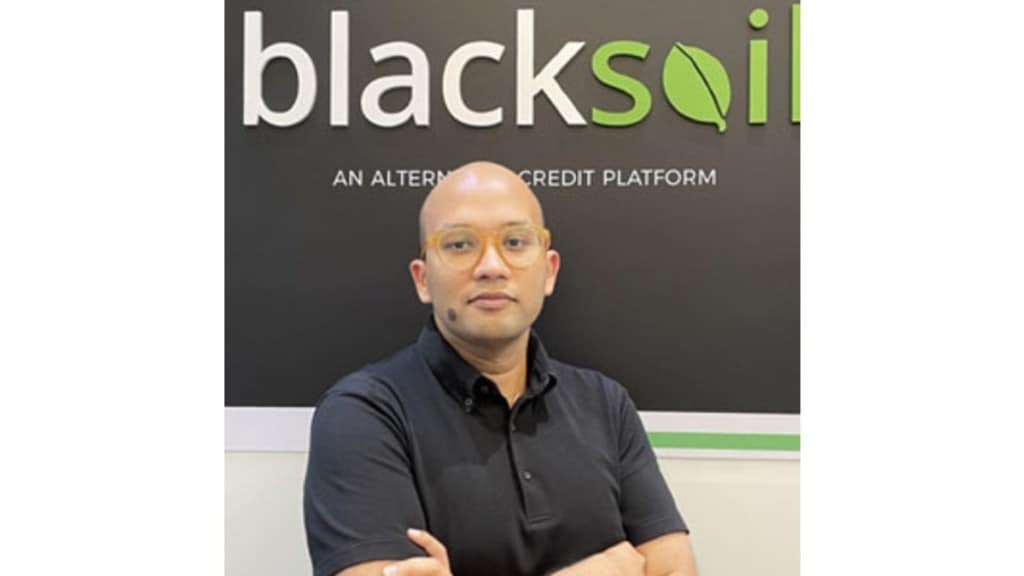BlackSoil Capital, a non-banking financial company (NBFC) arm of BlackSoil Group, raised Rs 210 crore debt in the first half of the current calendar year. Most of this capital will go towards working capital or expansion financing, says Ankur Bansal, MD, BlackSoil, in an interview with S Shanthi. The firm also plans to expand its SME lending capabilities through a strategic merger with impact investment lender Caspian Debt. Excerpts:
You raised Rs 210 crore in debt in the first half the current calendar year. How were the funds mobilised?
We raised the capital through a mix of NCDs (non-convertible debentures) and co-investments from long-standing supporters like family offices and HNIs, as well as new institutional lenders, including a public sector financial institution and GrayMatters Capital. A large part of our book is in growth-stage, mid-market, profitable SMEs, and the fresh capital will be used to expand the same. This capital raise is for our NBFC, BlackSoil Capital. Separately, we are also in the market with our second credit fund, BICF II, which is progressing well.
How much of the current fund has been deployed so far? Can you explain a bit more about the fund allocation?
A substantial portion of the Rs 210 crore has already been deployed across sectors like EVs, SaaS, healthcare, agritech, climate and fintech. Our philosophy has always been to provide non-dilutive, alternative credit solutions to businesses that are already scaling responsibly. Most of this capital goes towards working capital or expansion financing. We also ensure diversification across sectors and borrower profiles to maintain strong asset quality and consistent returns for investors.
BlackSoil’s portfolio includes unicorns like Curefoods and publicly listed companies like BlueStone and ideaForge. Do you notice a changing trend in terms of IPO-bound or unicorn companies opting for debt?
Absolutely. We have seen a clear shift. Mature startups do not want to dilute their ownership for working capital or bridge financing needs anymore; they opt to manage capital efficiently. Debt has become a strategic layer for growth, pre-IPO requirements or even ESOP liquidity. Companies like BlueStone are a good example of this trend. Equity takes time and comes with board obligations. Debt, on the other hand, when structured right, gives them capital without giving up ownership.
What sectors are seeing the highest demand for alternative credit solutions, and how does BlackSoil plan to tap into these sectors?
We are seeing strong momentum in sectors like EVs, healthcare services, SaaS, fintech, agri and climate-linked businesses. These are capital-efficient, high-growth sectors that need flexible funding and not just equity. Our plan is to go deeper into these categories by offering tailored debt structures, expanding supply chain finance, and leveraging data-driven underwriting to support high-growth, capital-efficient SMEs seeking flexible, non-dilutive funding options.
What, according to you, are the key drivers behind HNIs and UHNIs investing in this asset class?
High networth individuals (HNI) and ultra high networth individuals (UHNI) are looking to invest in this asset class for its stable and regular returns, diversification benefits backed by high-quality operating businesses, so it works well for them and startups.
With the demand for non-dilutive capital increasing and traditional banks also ramping up their efforts, how do you plan to stay ahead?
Banks are important partners, but they operate with tighter frameworks. Our edge is our ability to customise, underwrite emerging sectors and make decisions faster. Co-lending, technology-led underwriting, and supply chain-led origination will allow NBFCs like us to stay ahead even as the ecosystem matures.
What is your growth strategy for the next 12 months? How does the upcoming merger with Caspian Debt play into this strategy?
Our goal is to scale both width and depth; across ticket sizes, more sector coverage, and deeper anchor-led models. The upcoming merger with Caspian Debt will strengthen this by combining capital, expertise, and distribution networks to offer more comprehensive financing solutions for high-growth SMEs. It will also allow us to participate multiple times in the debt journeys of these companies. It is a force multiplier.
Lastly, what’s your edge in the SME lending market?
We do not operate like a traditional NBFC or a fintech; we sit somewhere in between. Our edge lies in offering highly flexible credit structures without diluting equity. We understand founders’ needs, we move fast with disbursal, and we customise financing structures.


